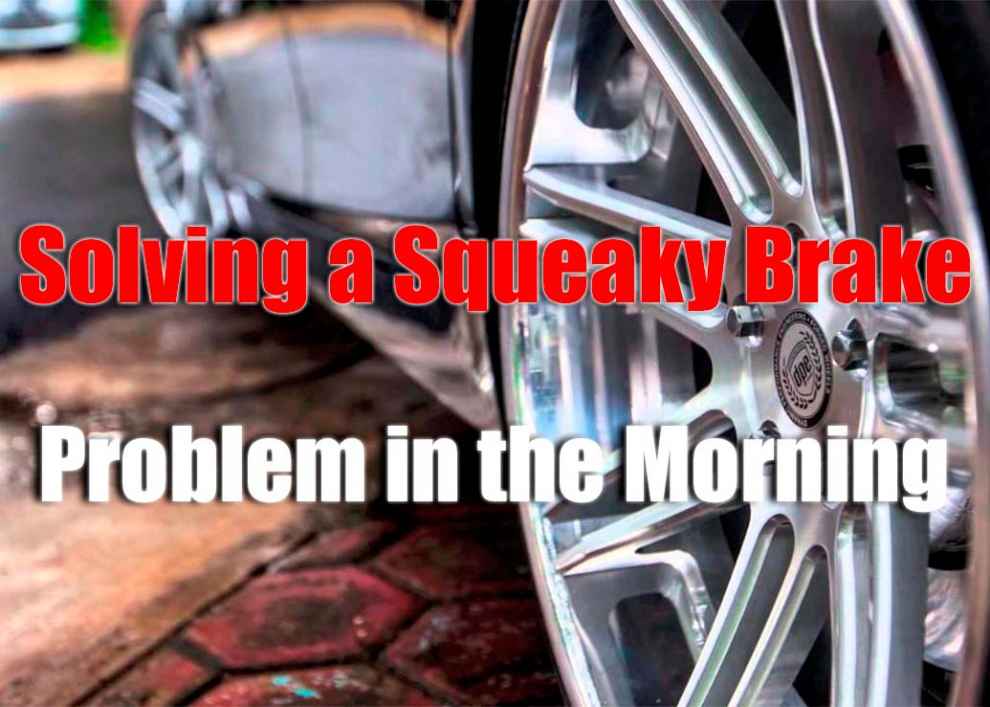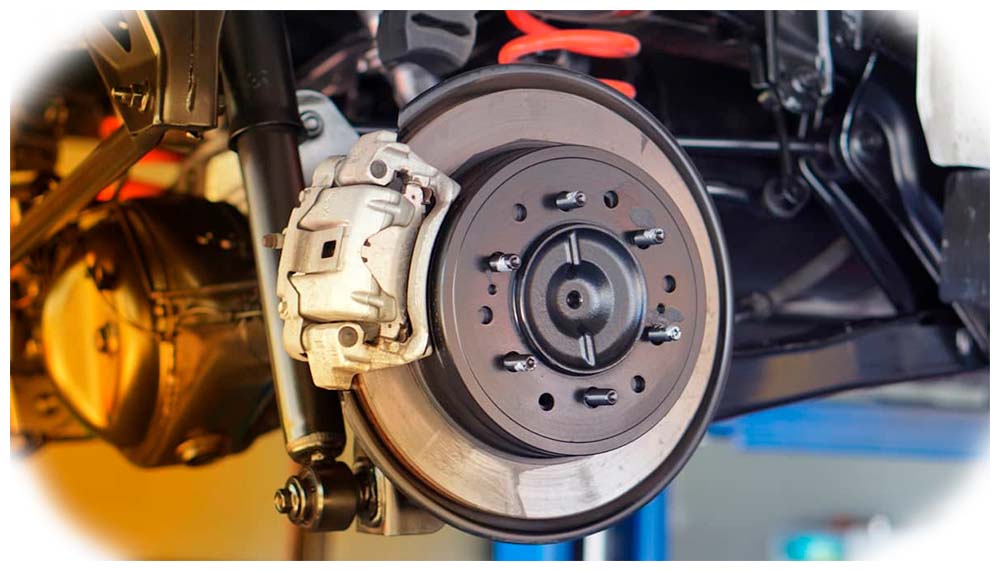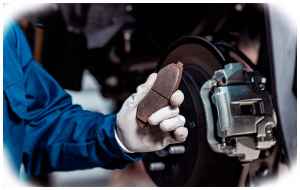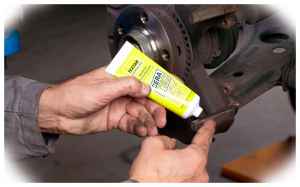One of the most frustrating experiences for any car owner is having squeaky brakes in the morning. Whether it’s a light squeak or an annoying squeal, having a noisy brake can be an annoyance and potentially dangerous if left unchecked. Fortunately, there are steps you can take to both diagnose and fix your car’s squeaky brakes so you can drive with confidence.
Causes of Squeaky Brakes in the Morning
There are several potential causes behind your car’s morning brake squeals, including:
-
Weather Conditions – Cold weather can cause metal components to contract and expand, which may create friction between them leading to squealing noises when braking.
-
Driving Habits and Brake Use – If you have a habit of riding the brakes or applying sudden braking results in increased wear on brake pad lining material, causing squeals when engaging brakes at low speeds.
-
Brake Pad Wear and Tear – Worn-out brake pads tend to create metallic scraping sounds as they make contact with rotors during braking, resulting in a squeaking sound that only increases with time without proper maintenance or repair.
-
Poorly Lubricated Components – Over time, lubricants on suspension components, such as brake pads and rotors, can dry out or become clogged with dust and debris. This can cause an increase in friction between metal parts during braking, resulting in a squeaking sound. Here are the Best Rotors for Jeep.
Solutions for Morning Brake Squeaks
If your car’s brakes are squeaking in the morning, there are several steps you can take to fix the issue:
-
Cleaning and drying brake components – Using a degreaser or brake cleaner to remove dust, dirt and other contaminants from calipers and disc brakes will reduce friction and noise levels when braking. Additionally, using a dry cloth or air compressor to dry components after cleaning should help reduce further noise levels.
-
Replacing worn-out brake pads – Worn-out brake pads should be replaced according to manufacturer guidelines as soon as possible if they’re causing significant squealing noises when engaging the brakes.
-
Replacing or resurfacing rotors – If your car’s rotors have become warped due to excessive use, they may need replacing or resurfacing to help reduce noise levels during braking.
-
Properly bedding in new brake pads – Bedding in new brake pads properly is essential to reduce squealing noises. This involves gradually increasing the pressure on the brakes until reaching maximum braking force, and then allowing the brakes to cool down before repeating a few times.
-
Maintaining proper brake pad and rotor thickness – It’s important to make sure that your car’s brake pad and rotor thickness are within manufacturer guidelines as this will help reduce friction and noise levels when engaging the brakes.
Prevention of Morning Brake Squeaks
In order to avoid morning brake squeaks in the future, there are several preventive measures you can take:
-
Regularly inspecting brake components – Make sure to regularly check on your car’s brake components for signs of wear or damage, such as worn-out pads or warped rotors. If any problems are identified, they should be fixed as soon as possible according to manufacturer guidelines.
Properly cleaning and lubricating brake components – Cleaning and lubricating your car’s suspension components, such as calipers and rotors, using a degreaser or other lubricant will help keep them functioning properly while reducing noise levels when applying brakes during the morning.
-
Properly bedding in new brake pads – Whenever replacing brake pads, make sure to properly bed them in as outlined by the manufacturer to reduce friction and noise levels when engaging brakes.
-
Maintaining proper brake pad and rotor thickness – Keeping your car’s brake pad and rotor thickness within manufacturer guidelines will help reduce wear and tear on components, reducing friction and noise levels when braking in the morning.
| Causes | Fixing |
| Weather Conditions | Cleaning and drying brake components; Properly bedding in new brake pads. |
| Driving Habits and Brake Use | Replacing worn-out brake pads; Replacing or resurfacing rotors. |
| Brake Pad Wear & Tear | Properly bedding in new brake pads; Maintaining proper brake pad and rotor thickness. |
| Poorly Lubricated Components | Cleaning and lubricating brake components; Maintaining proper braking pad and rotor thickness. |
Conclusion
Squeaky brakes in the morning can be a nuisance, but with some simple maintenance you can get rid of that squeal for good. Regularly inspecting, cleaning, lubricating, replacing worn-out components, and properly bedding in new brake pads should all help to reduce noise levels when engaging brakes in the morning. With the right preventative measures in place, you can rest assured that your car’s brakes will perform optimally and safely.


 Replacing worn-out brake pads – Worn-out brake pads should be replaced according to manufacturer guidelines as soon as possible if they’re causing significant squealing noises when engaging the brakes.
Replacing worn-out brake pads – Worn-out brake pads should be replaced according to manufacturer guidelines as soon as possible if they’re causing significant squealing noises when engaging the brakes.
Add Comment